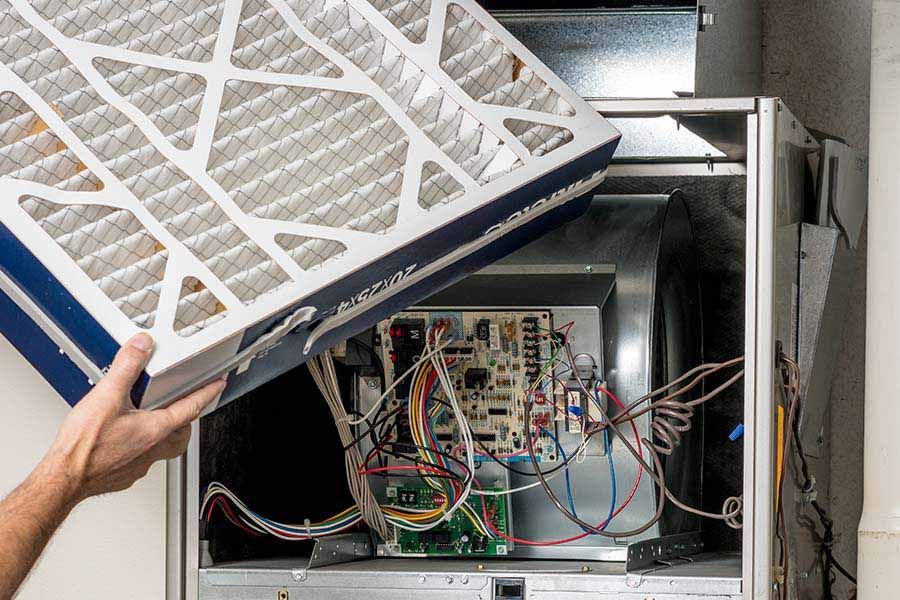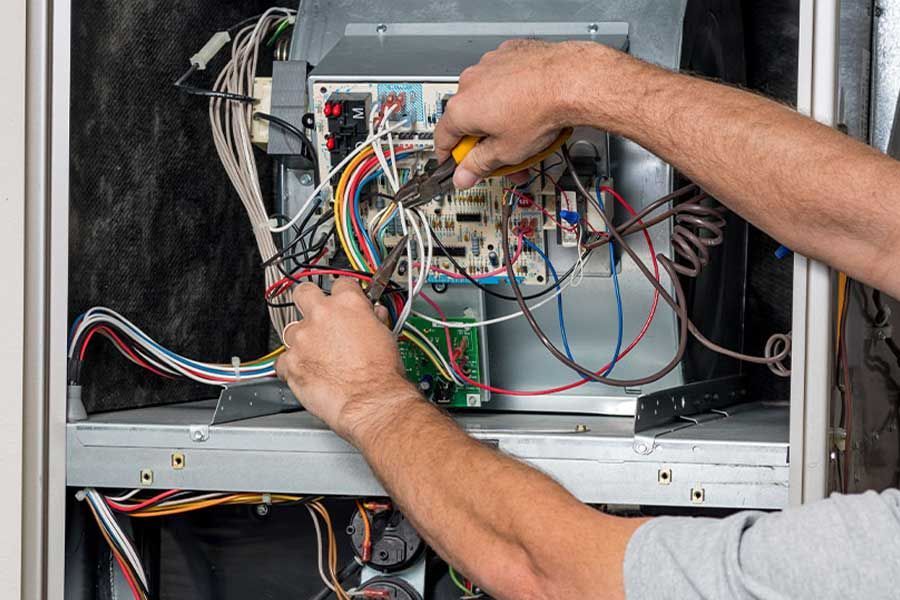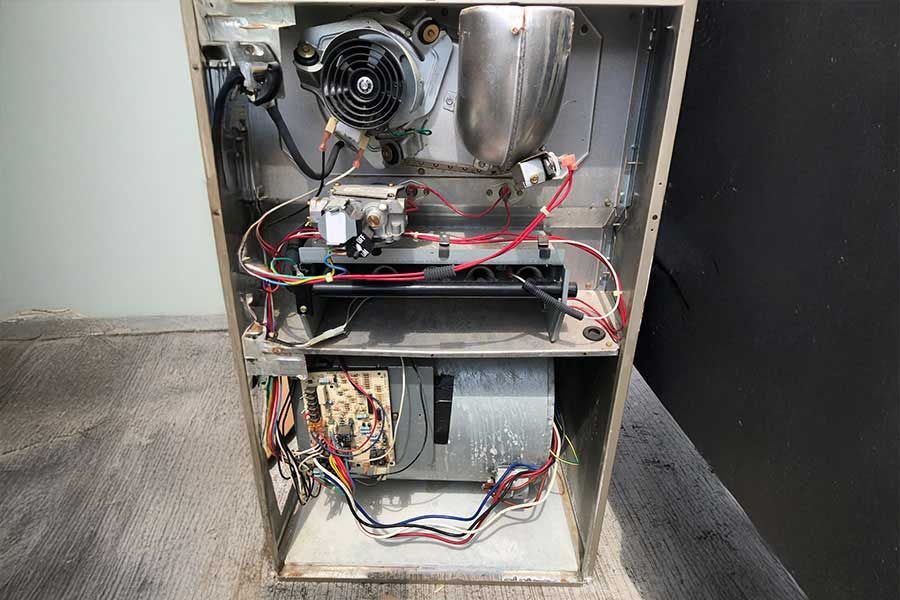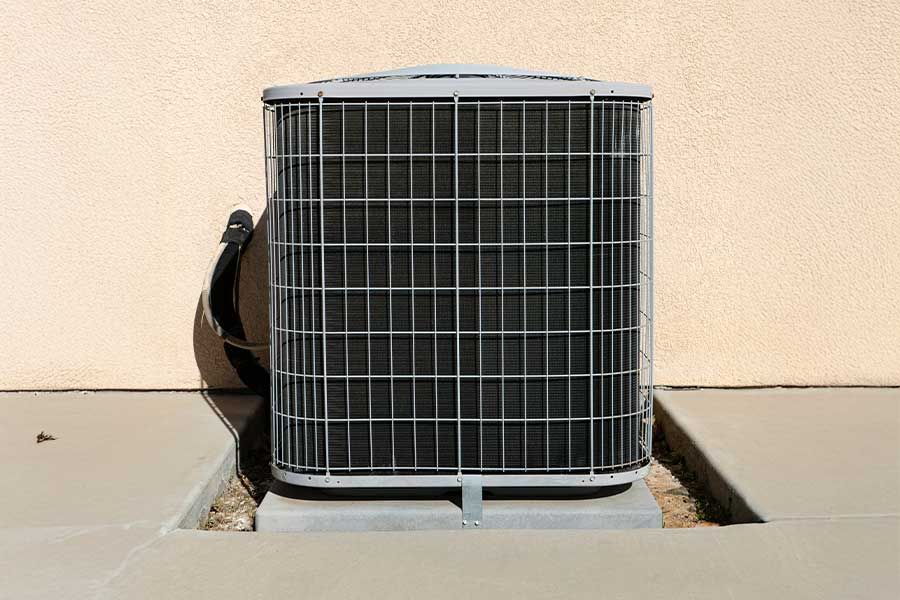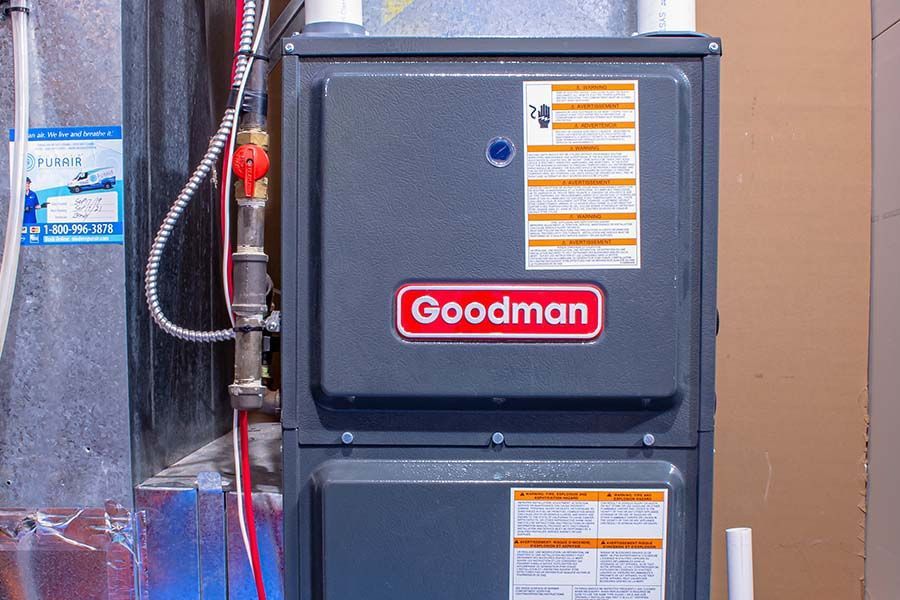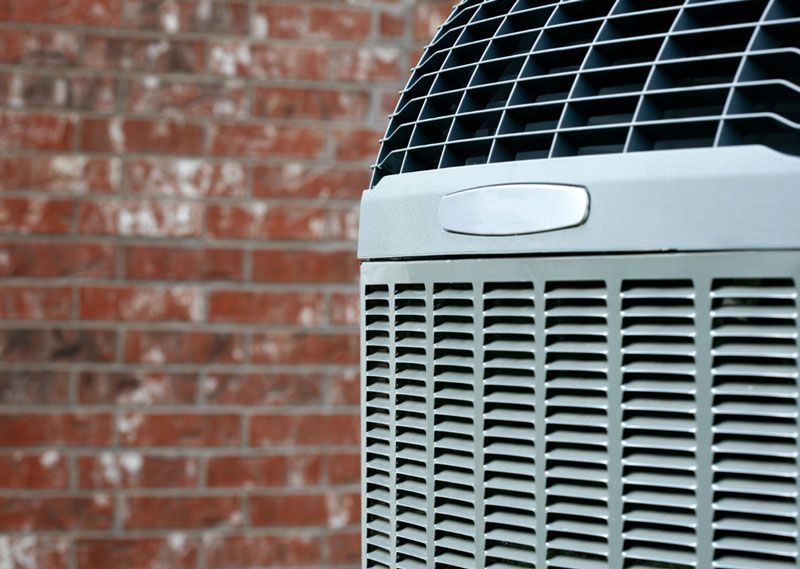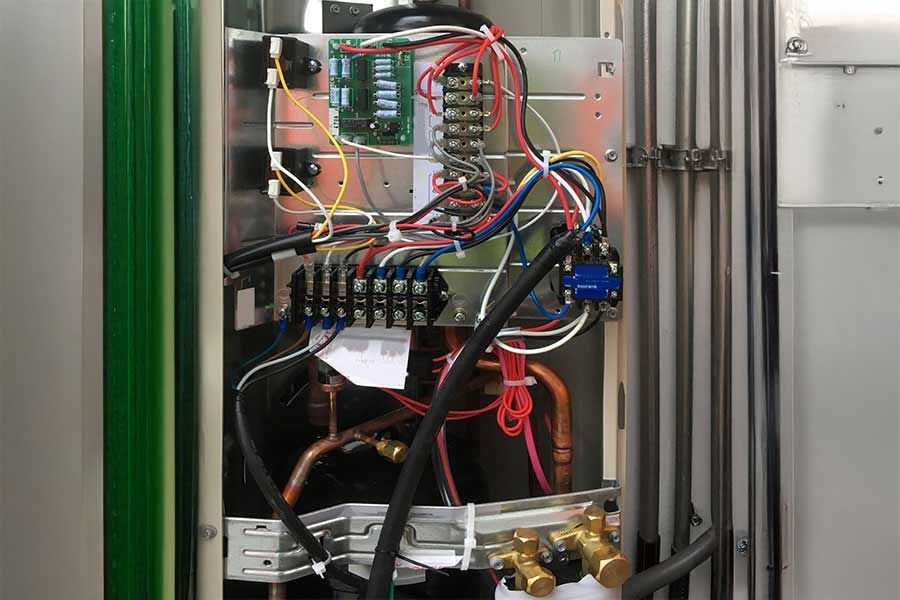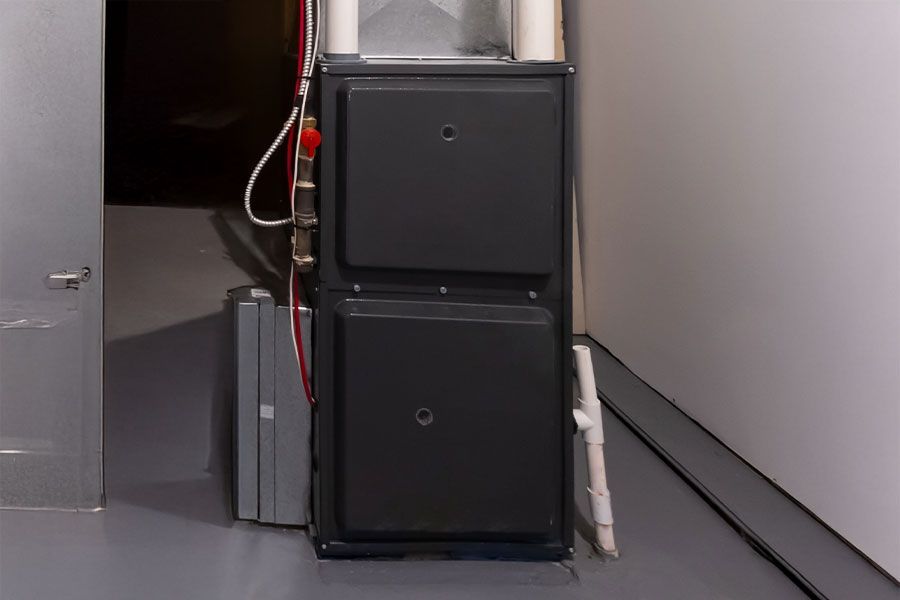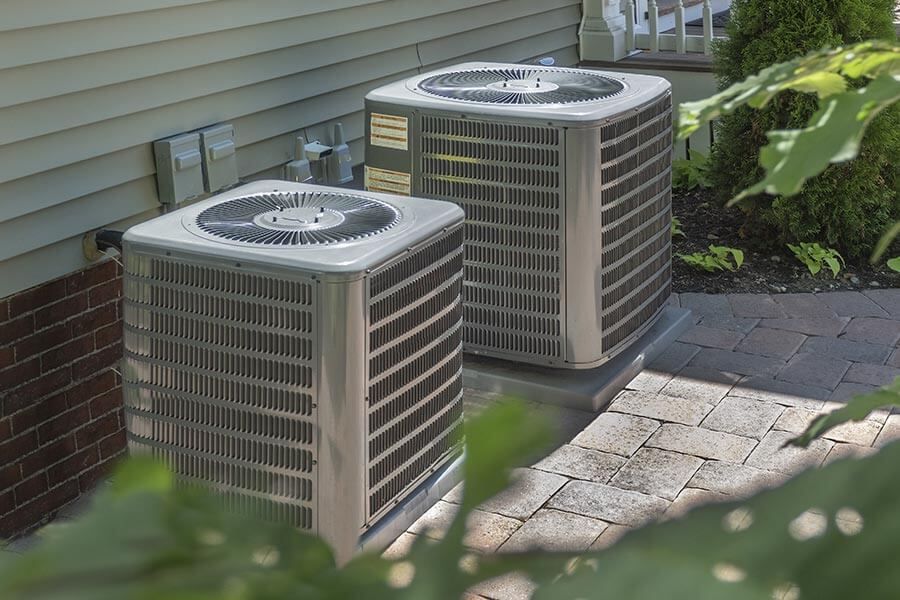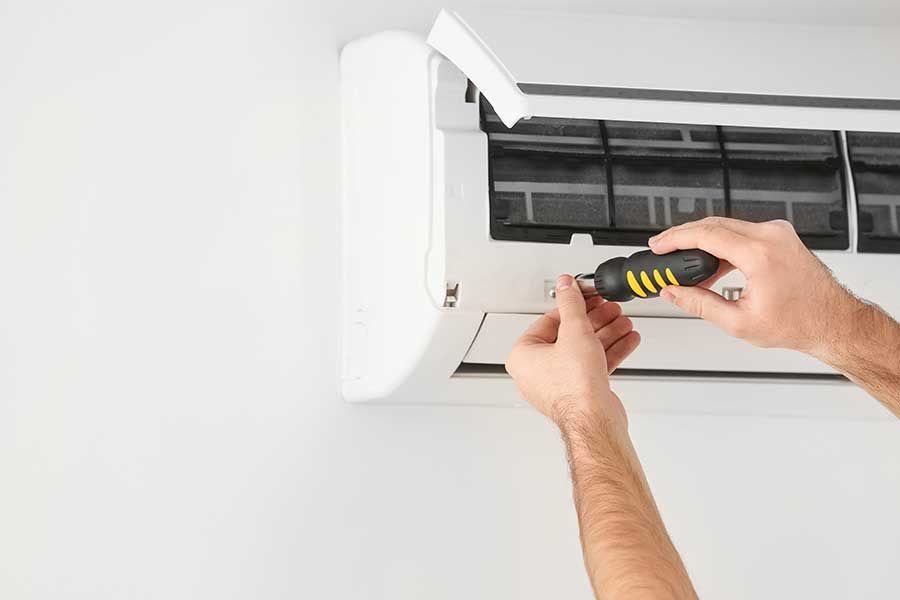How Much Humidity Does an Air Conditioner Remove
On hot, sticky days, cranking on the AC provides almost immediate comfort by providing a blast of cool air and affecting your home's humidity level.
How much humidity does an air conditioner remove? This guide explains how your HVAC system combats humid conditions and what you can do to stay comfortable.
Prepare for humid weather with a fully-functioning air conditioning unit. Hickory's AC installation services are here to help keep your home cool and dry.
What Is Humidity?
Humidity refers to how much water vapor exists in the air. Warmer air allows for more water vapor to be present, which increases the humidity level. When the amount of moisture increases, the environment grows sticky and generally uncomfortable.
There are two classifications of humidity: relative and absolute.
- Relative humidity is the percentage of moisture that is in the air in relation to how much moisture the air can hold at that given temperature. This measurement impacts how much you perceive the air's humidity, or how hot and humid it feels.
- Absolute humidity disregards temperature and simply measures the total water vapor in the air.
How Much Humidity Does an Air Conditioner Remove?
Air conditioners blow the warm air throughout your home into a component known as the evaporator coil. This metal coil contains a refrigerant that cools the air and creates condensed water in the process.
From there, the condensed water droplets drain, and the heat flows through the unit's outdoor condenser coil and away.
As the air conditioner removes moisture through the heat exchange process, the indoor humidity level gradually drops. But how much humidity does an air conditioner remove? Depending on the relative humidity level outside, your air conditioner's coils can pump as many as 20 gallons of water from the home.
Other factors that alter how much humidity an AC removes include:
- Age and size of the AC unit
- Overall maintenance of the HVAC system
- Households generating more humidity
How Humidity Affects Your Home
It's important to track humidity levels in your home. If you're wondering, "how much humidity does an air conditioner remove?" you can use a tool called a hygrometer. A hygrometer pinpoints the exact humidity level within your home, allowing you to check the difference before and after AC use.
You can position the hygrometer in a space where humidity levels won't get skewed, ideally away from your kitchen, bathroom, doors and windows.
The ideal indoor humidity falls between 30% and 50%. When the humidity level is outside this range, there are noticeable differences inside the space. Dry air causes dry skin, throat irritation, and even cracked wood flooring or furniture.
On the other hand, excess humidity damages paint and wallpaper and can negatively impact the respiratory system, particularly in those with asthma. It can also lead to water stains and lead to mold and bacteria growth.
Mold poses several health risks, so it's important to prevent its growth by limiting high humidity. An easy way to avoid these issues is to install a quality air conditioning unit that will reduce humidity.
How to Keep the Air Conditioner Running Properly
Your air conditioner is a great line of defense for keeping your home cool and comfortable. Keep your HVAC system well maintained with regular inspections. This ensures your unit runs efficiently and exchanges warm, sticky air for refreshing, cool air.
It's important to use the right size unit for your home and have a professional HVAC technician install the air conditioner. Ill-fitting air conditioners may run cycles that are too short to adequately reduce humidity.
You also need to clean the unit routinely. Empty the condensate drain to avoid clogs and check for any dirty residue that may appear. Changing the HVAC system's air filter on a regular basis promotes better air quality and improves the overall performance of your unit.
Tips to Dehumidify Your Home
Even if your AC is in good shape, your home can naturally generate extra moisture. Running the dishwasher or laundry dryer produces excess water vapor. Humidity also increases due to steam rising in the air from your bathroom shower or kitchen.
You can alleviate higher humidity by:
- Using an exhaust fan
- Opening a window to promote airflow
- Wiping away excess moisture on home surfaces
- Buying a dehumidifier to draw out moisture
Get Professional Air Conditioning Service
Do you still have AC questions like, "how much humidity does an air conditioner remove?" Trust the professionals at Hickory Heating & Cooling to provide your home with air conditioner and dehumidifier installation. Call (828) 439-0790 to speak with an expert today.

